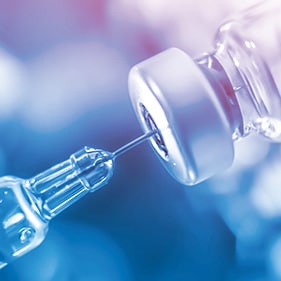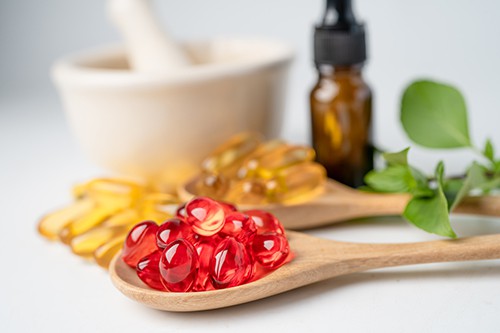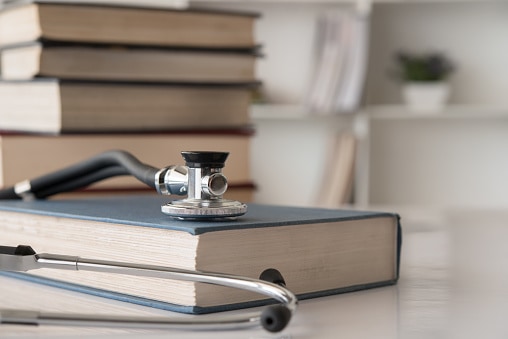The Centers for Disease Control and Prevention (CDC) and the U.S. Department of Justice (DOJ) are raising alarms about a growing public health risk tied to illegal online pharmacies. On September 30, 2024, the DOJ announced indictments against individuals behind these illicit operations. These operations distribute pills for counterfeit prescriptions to tens of thousands of Americans. These pills often contain deadly substances, including fentanyl, a synthetic opioid up to 50 times stronger than heroin, and methamphetamine.
Like other opioid analgesics, fentanyl produces effects such as:
- Relaxation
- Euphoria
- Pain relief
- Sedation
- Confusion
- Drowsiness
- Dizziness
- Nausea and vomiting
- Urinary retention
- Pupillary constriction
- Respiratory depression
Related: 8-hour DEA Registration and Controlled Substance Prescribing Course
Consumers who unknowingly purchase these medications face a heightened risk of overdose. As with other opioids, signs of a fentanyl overdose may include:
- Stupor
- Changes in pupil size
- Clammy skin
- Cyanosis
- Coma
- Respiratory failure leading to death
The presence of a triad of symptoms such as coma, pinpoint pupils, and respiratory depression strongly suggests opioid intoxication.
Warnings against counterfeit prescriptions
The U.S. Food and Drug Administration (FDA) has also cautioned against online pharmacies that sell prescription drugs at unusually low prices without requiring prescriptions. Many of these websites operate outside of U.S. regulations, selling unsafe, counterfeit medications.
The CDC warns customers to beware of online pharmacies that:
- Do not require a doctor’s prescription.
- Are not licensed in the U.S. and by your state board of pharmacy.
- Offer deep discounts or prices that seem too good to be true.
The National Association of Boards of Pharmacy Nearly noted that 95% of online pharmacies operate illegally. Consumers are urged to verify that any online pharmacy they use is state-licensed. If counterfeit medications are suspected, they should not be taken and should be disposed of safely. Additionally, individuals are encouraged to keep naloxone, an opioid overdose reversal drug, on hand and to seek immediate medical attention if an overdose occurs.
Related: Clinical Pharmacology for NPs & Adv Practice Clinicians
For guidance, contact Poison Control at 1-800-222-1222 or visit poisoncenters.org.






